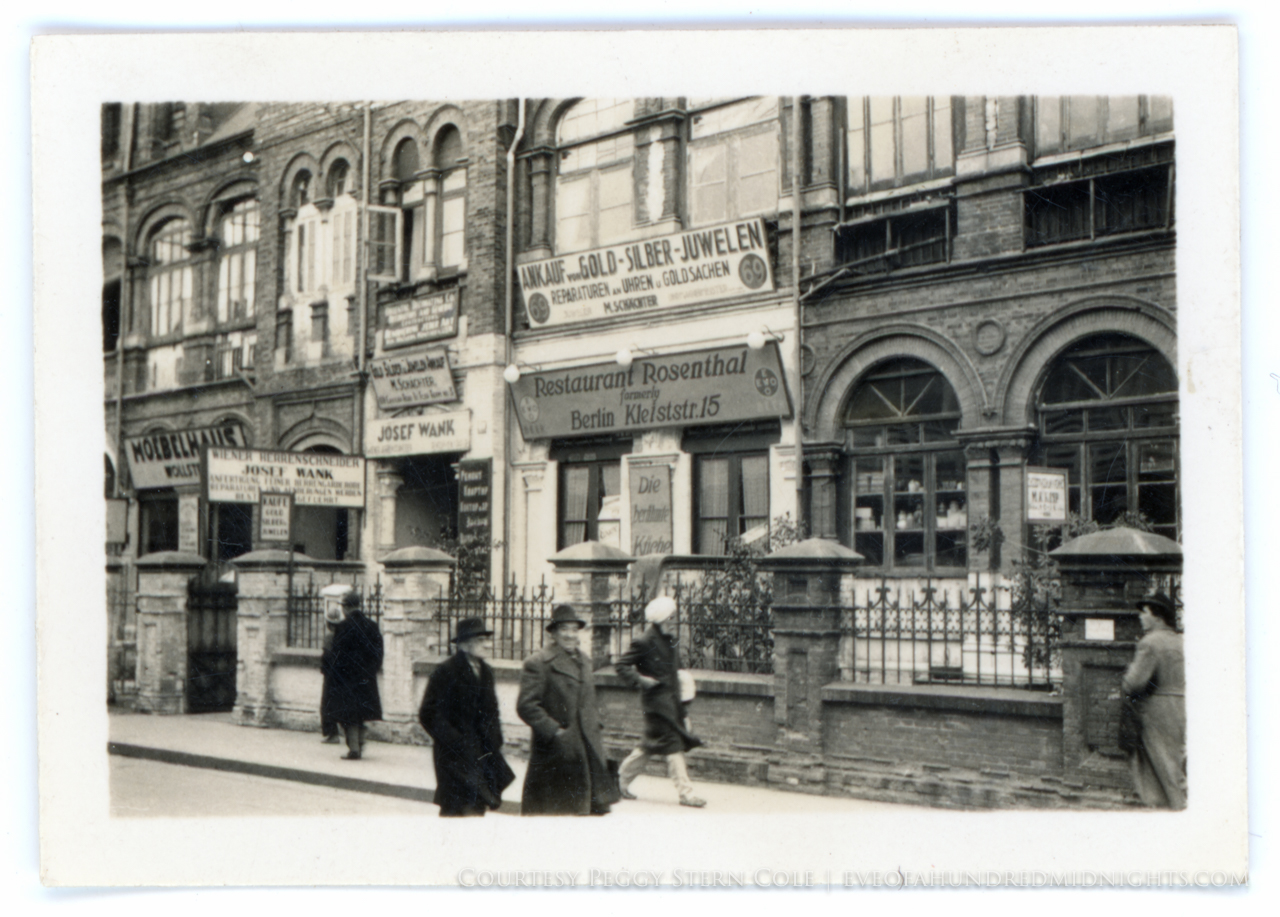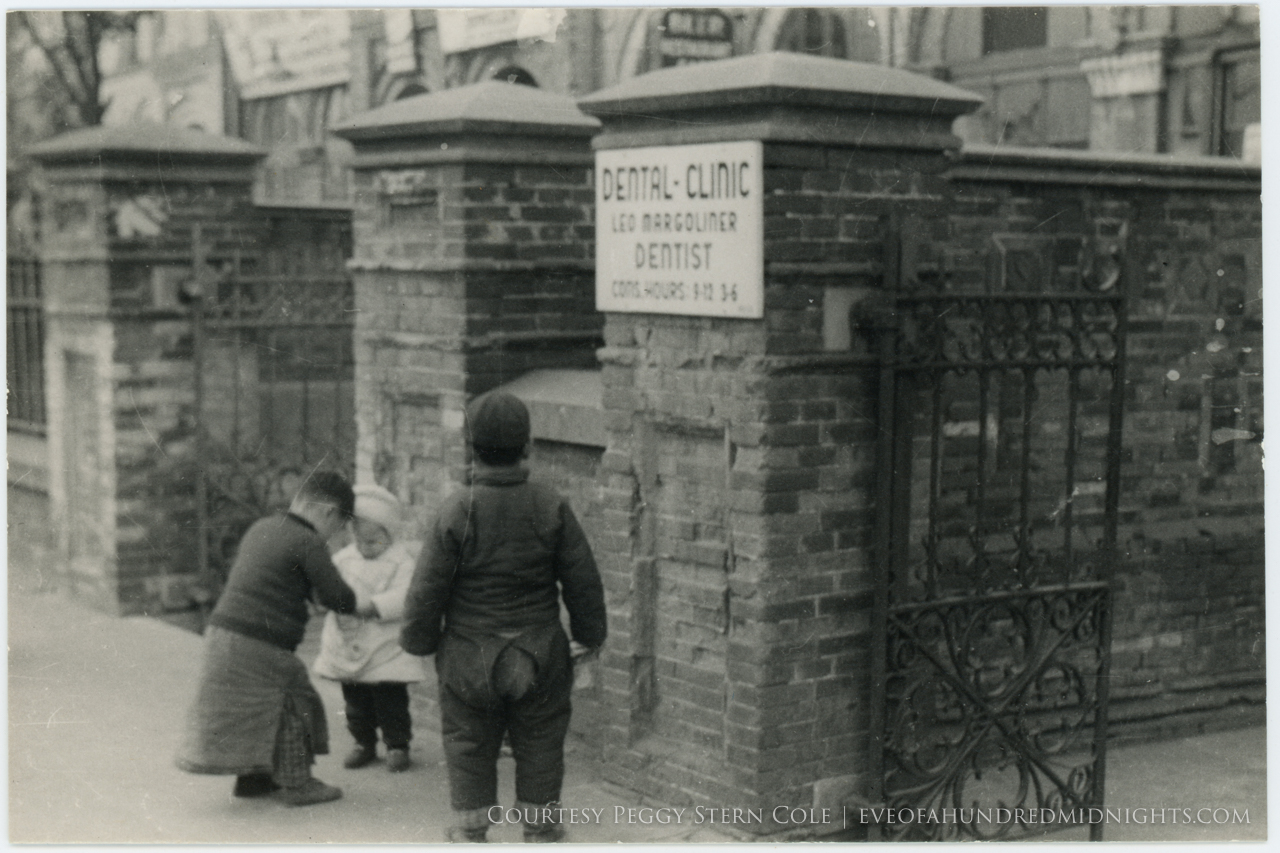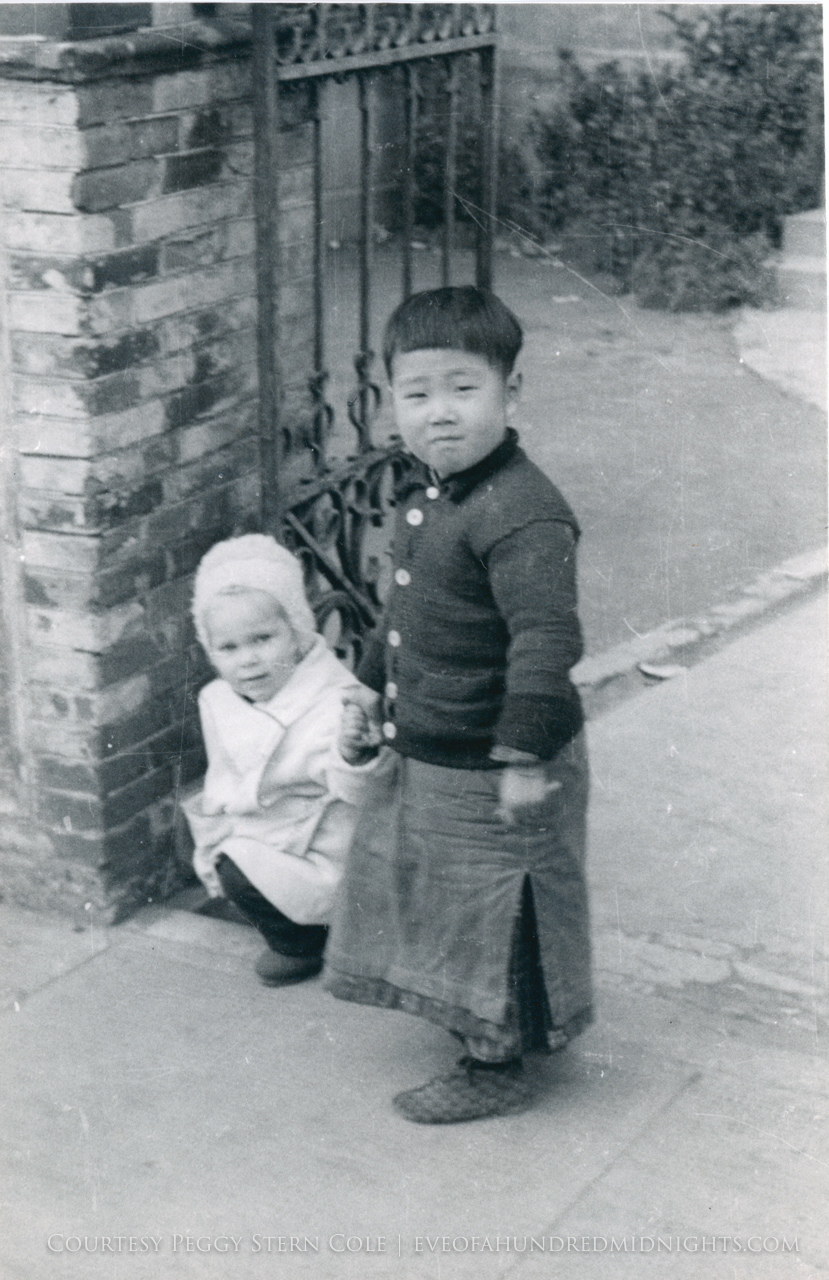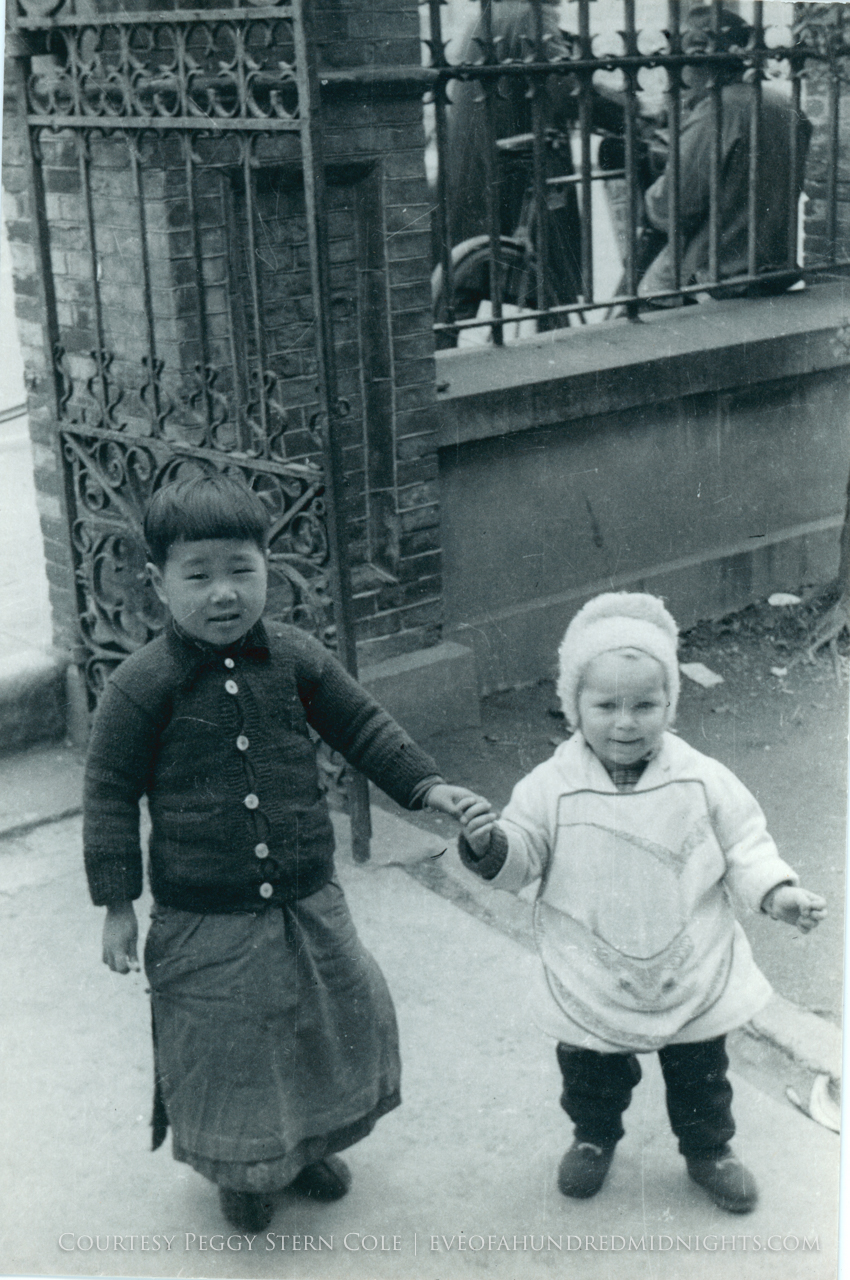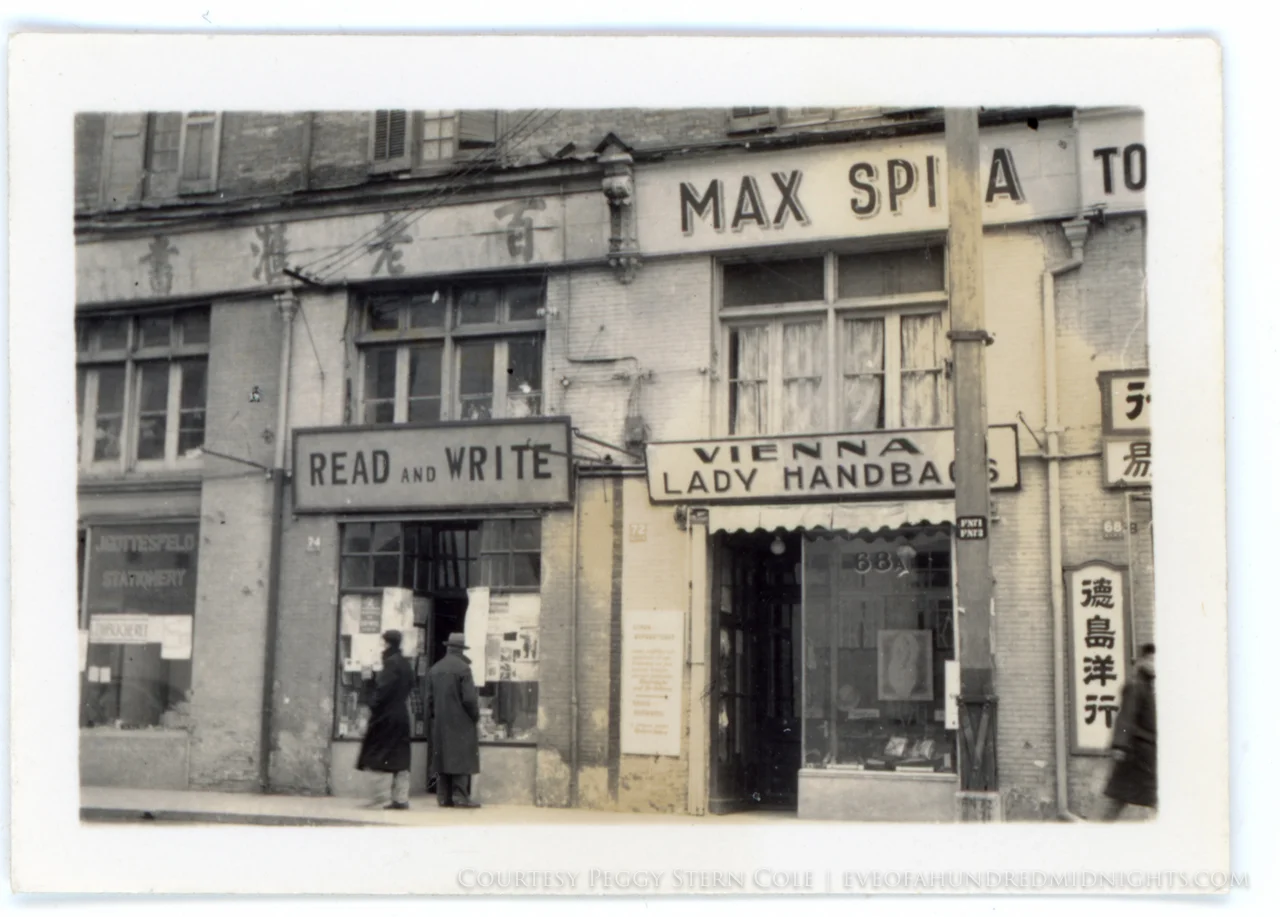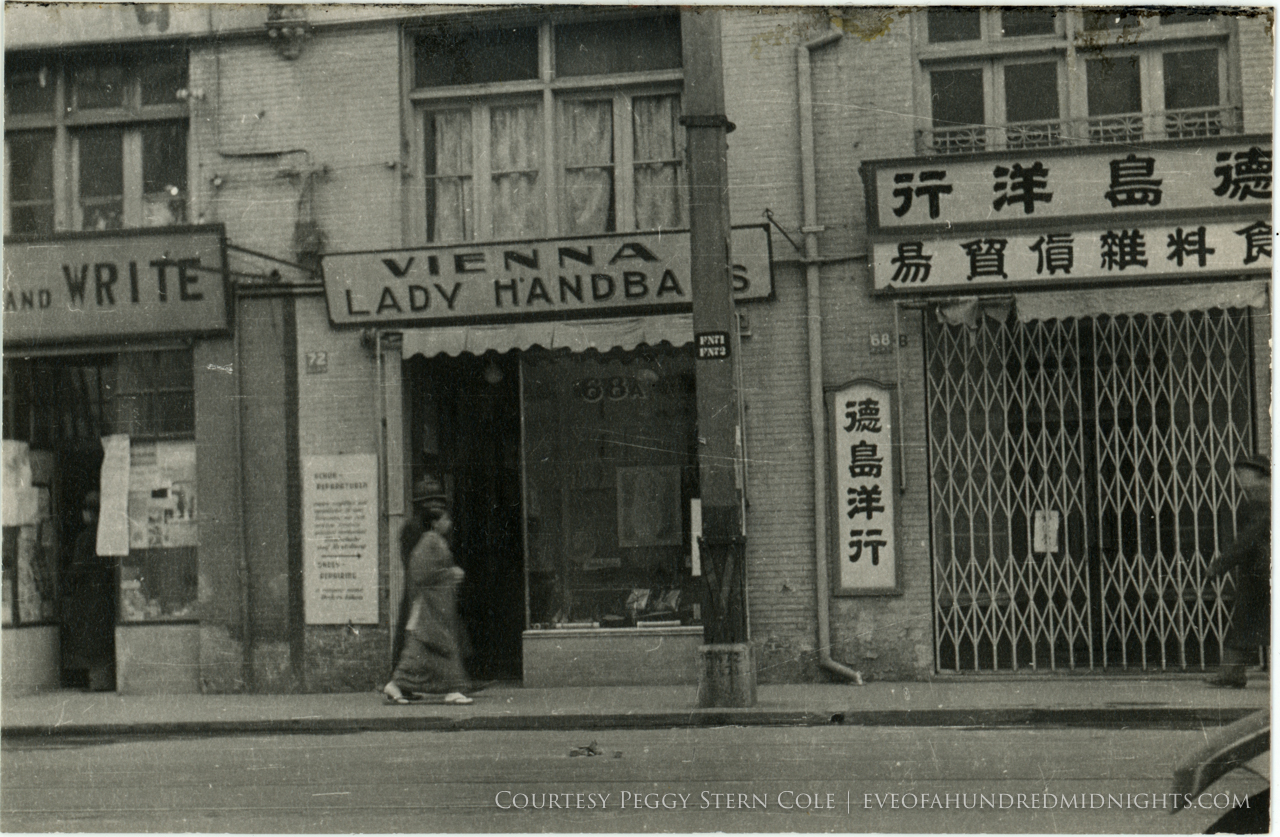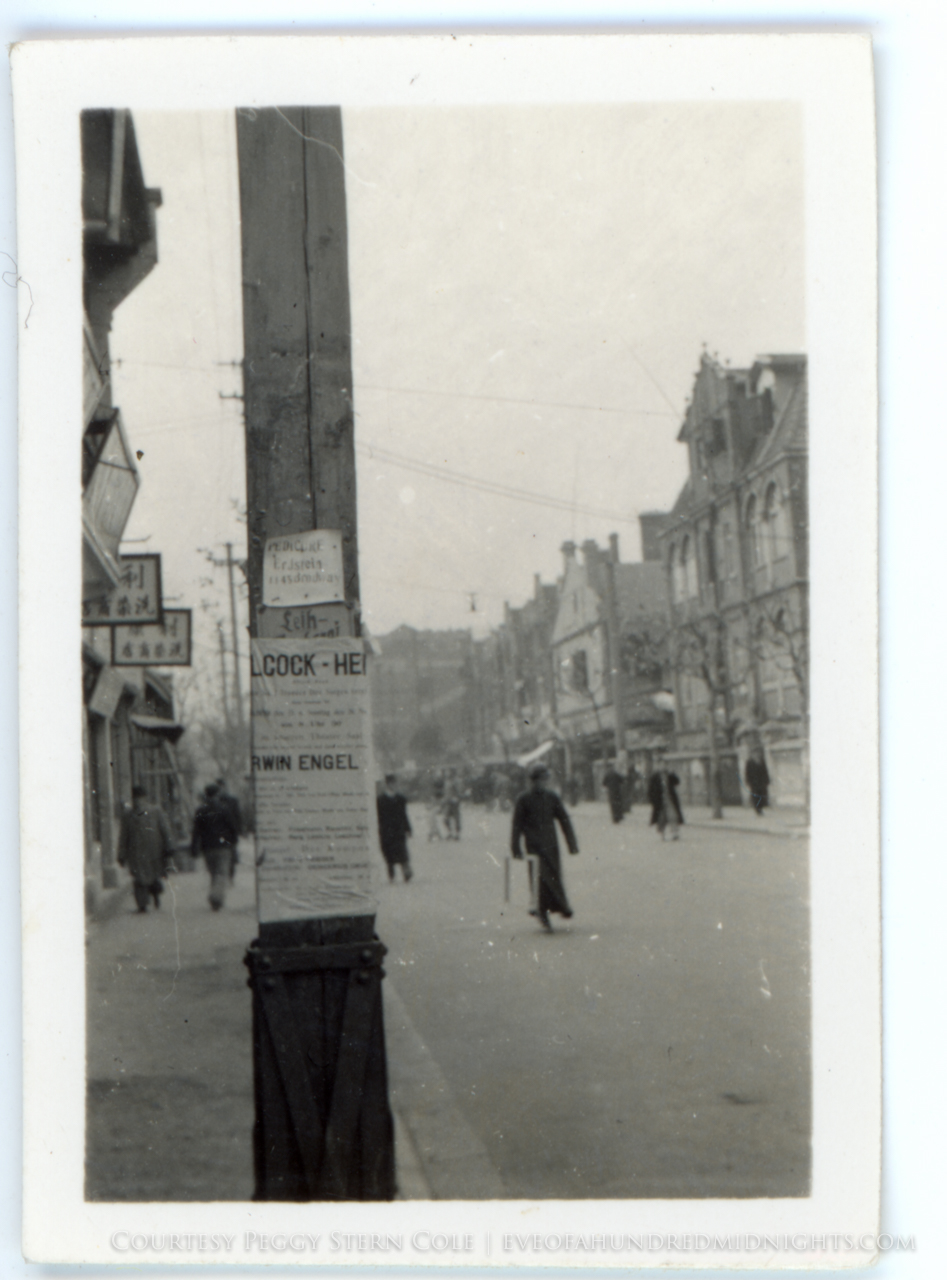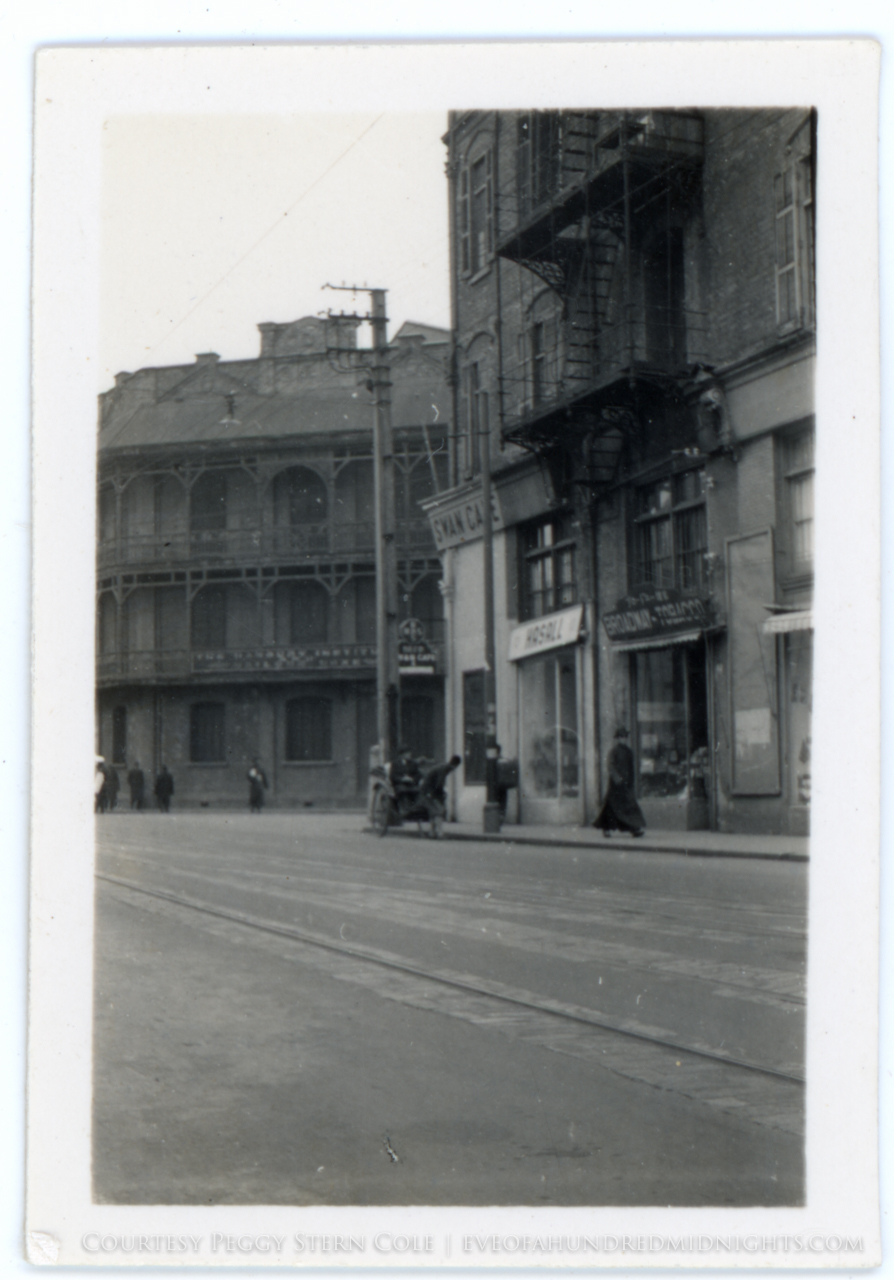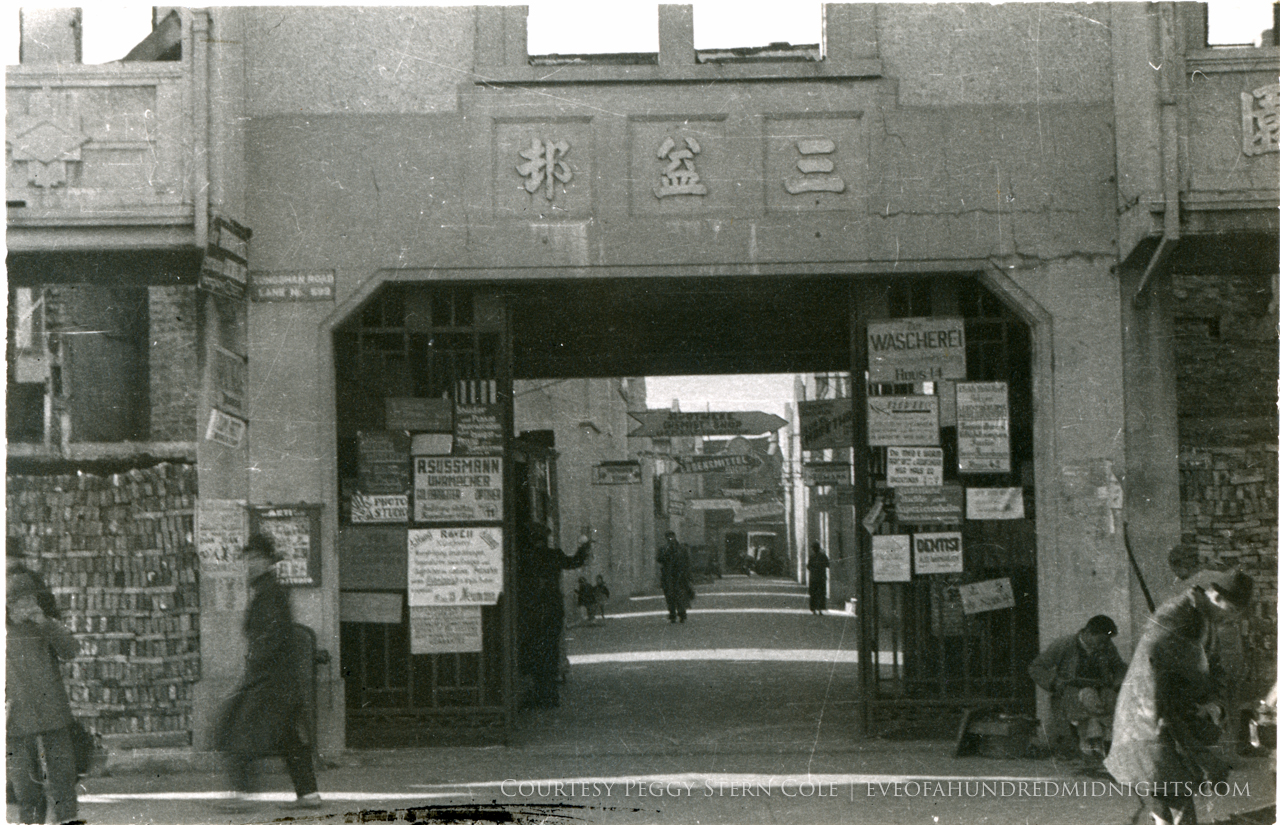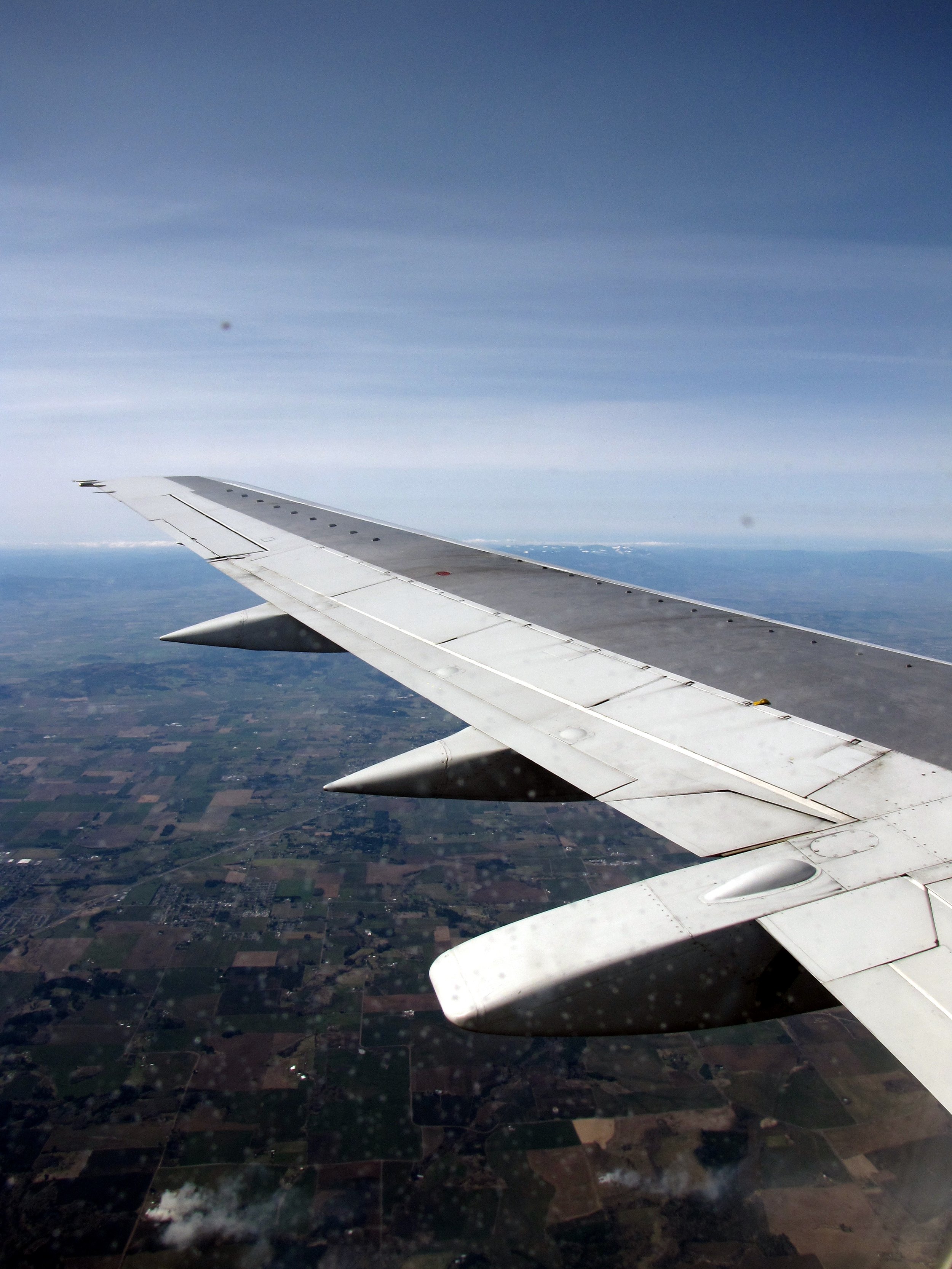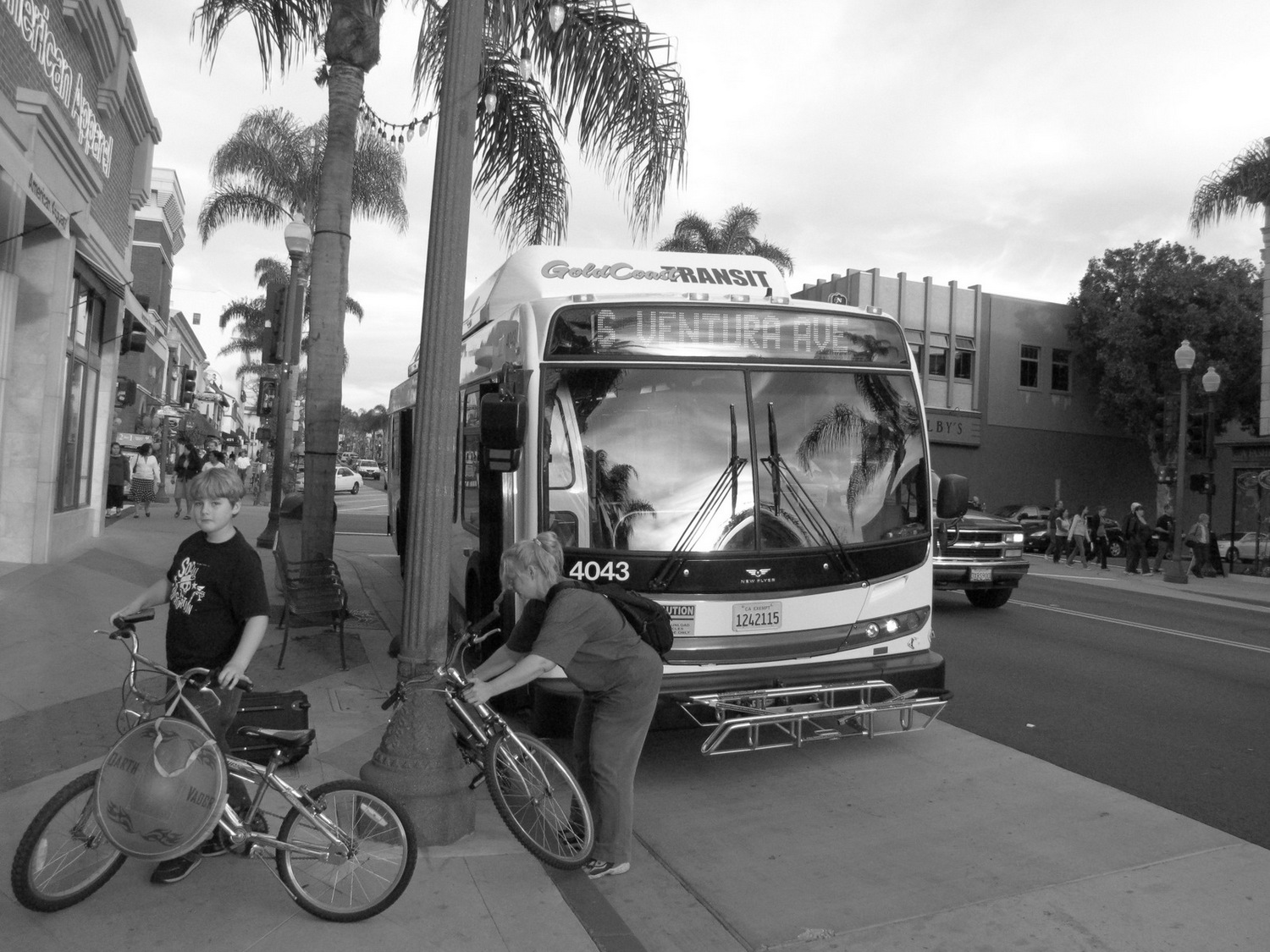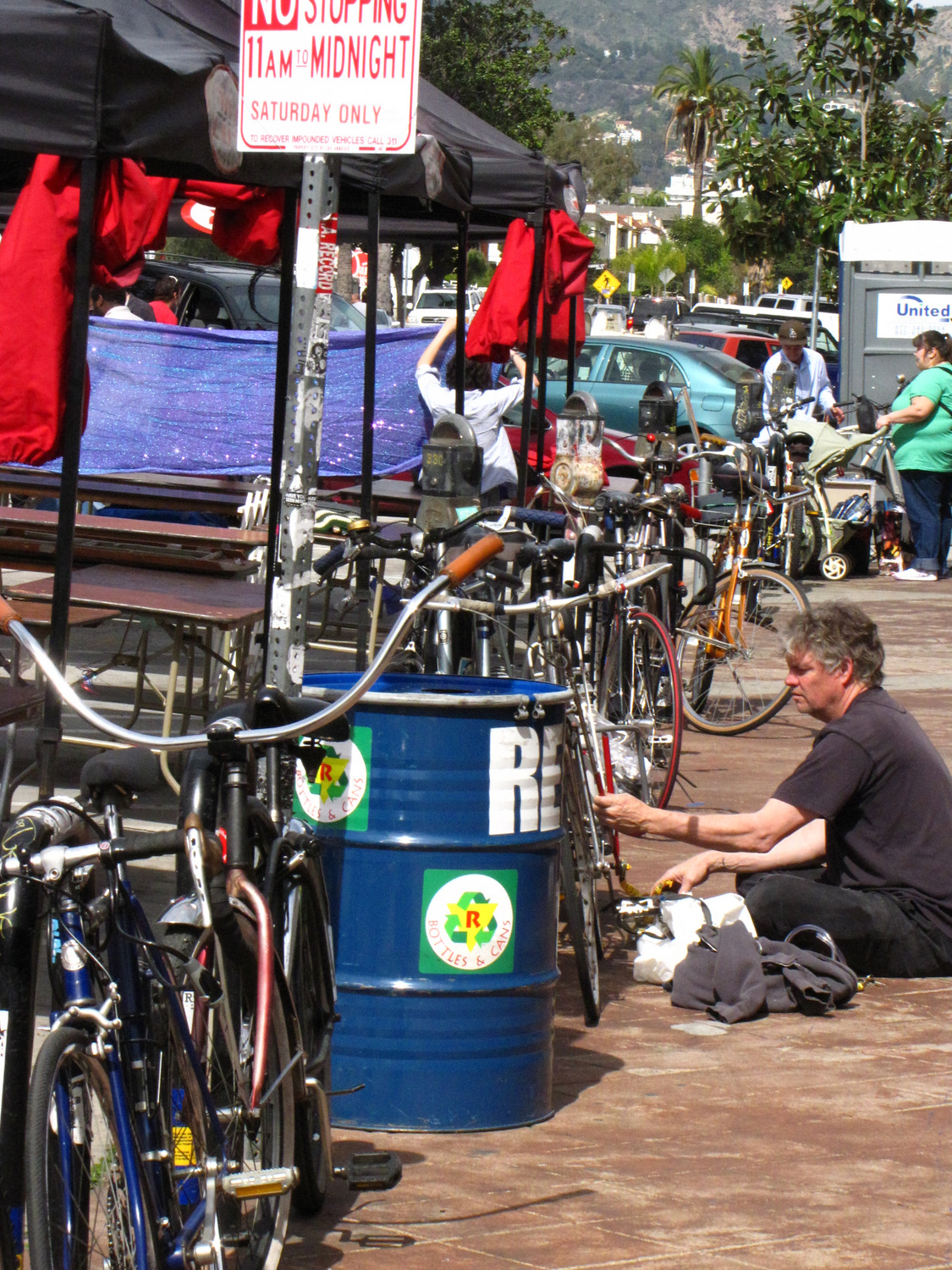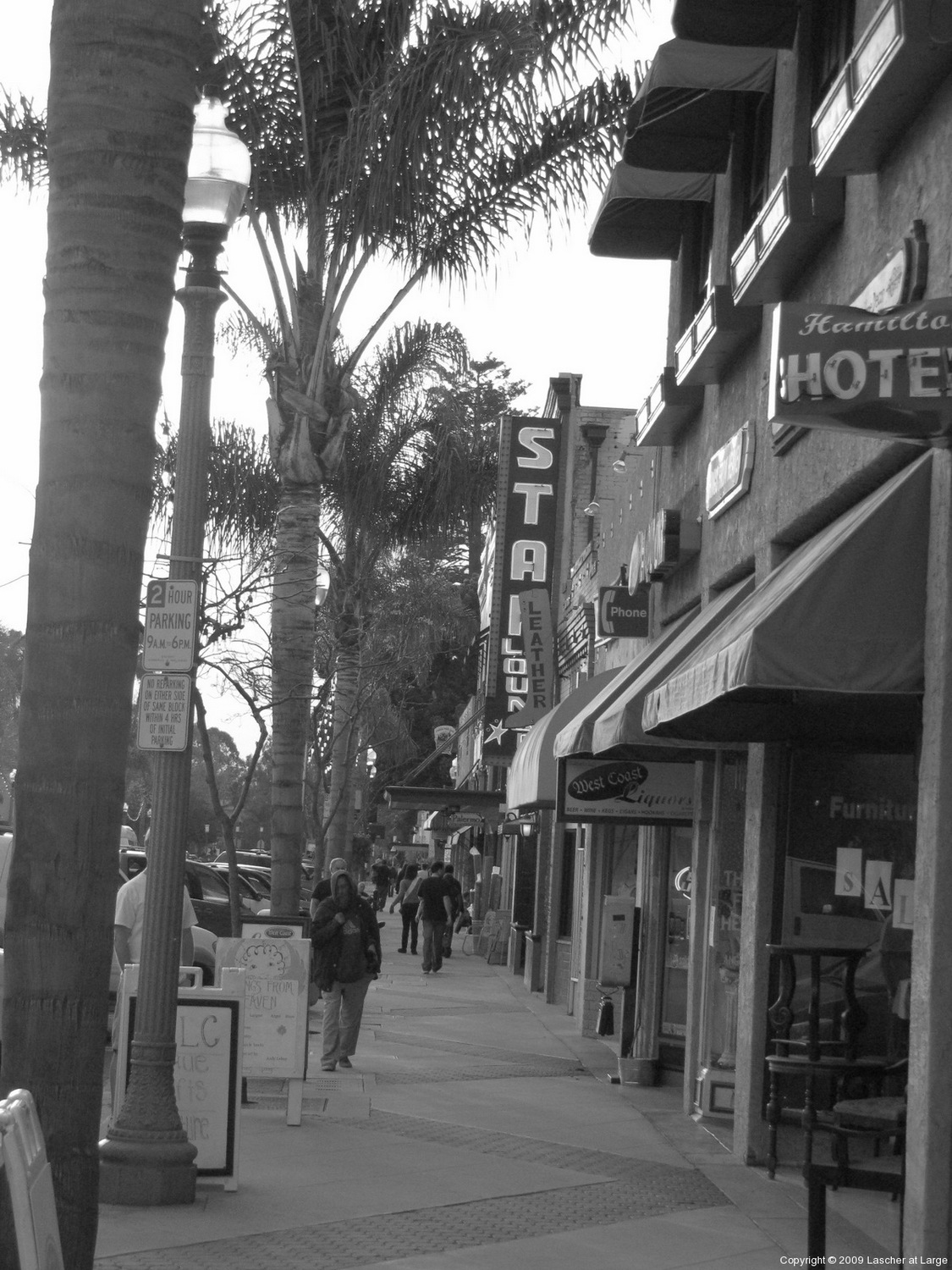Shanghai Takes it On the Chin
“I hate to see the rich kids in the cabarets, I hate to see the refugees, I hate to see the lousy foreigners in Packards and minks. Lots of money is being made now on the market and in business—but the Chinese peasant is taking it on the proverbial chin.”
In November, 1939, Melville Jacoby arrived in Shanghai, China. Having just earned his master's degree in journalism from Stanford, Mel returned to China two years after studying there as an exchange student. Mel arrived in Shanghai with no work, but a raft of letters of recommendation from newsmen and scholars who had been impressed by a presentation Mel made of his research into California newspapers' coverage of China and Japan in the run-up to a war that had been raging since the summer of 1937, just as Mel completed his exchange year. As Mel hunted for work in Shanghai, he discovered a city packed with thousands of Jewish refugees who'd been turned away by every other port on Earth. It was a city occupied by Japan, though still nominally internationally-controlled, as it had been for decades. Here are some selections of how the city looked to Mel:
Here's how I described Mel's impression of Shanghai in Eve of a Hundred Midnights:
“But if you aren’t British or French or American or if your country hasn’t got enough gunboats it isn’t so international,” Mel wrote, referring to the many foreigners who came to Shanghai butwere not nationals of countries that enjoyed extraterritorial powers. Paradoxically, among the most disenfranchised populations in Shanghai were Chinese nationals. And though Shanghai maintained much of its international identity when Mel arrived in 1939, in the two years since the Battle of Shanghai, Japan had consolidated power there and grown increasingly belligerent toward both the Chinese and Westerners.
“The Western world is being squeezed out of China,” Mel wrote. “Their last opening wedges—the foreign concessions—are fastly becoming subject to Japanese pressure.”
Even as the Japanese took over, Mel found Shanghai society distastefully out of touch. When he went to exchange money at the American Express office, the bright blue travel pamphlets inside always seemed disconcerting to him, especially when a stretch of cold nights hit Shanghai and he saw humanitarian workers piling the bodies of Chinese laborers who had frozen to death into their trucks. Shanghai, the people in it, and the way the local Chinese were treated strained Mel’s patience to the point of anger. He said as much in one form or another in most of his letters.
“I hate to see the beggars (I’ll see millions more),” he wrote. “I hate to see the rich kids in the cabarets, I hate to see the refugees, I hate to see the lousy foreigners in Packards and minks. Lots of money is being made now on the market and in business—but the Chinese peasant is taking it on the proverbial chin.”
Los Angeles Remembered and Imagined
Some people who visit Los Angeles scan the city for stars, but I gaze beyond the stars to see the city.
This evening with dinner, as I often do with meals, I watched an episode of the television show Parks and Recreation. As this particular episode's resolution neared, Leslie Knope and her merry band of bureaucrats gathered outside a decrepit warehouse in a run-down corner of Pawnee, the imagined small "Indiana" town where the show is set and which always seems to reveal another as-yet uncovered neighborhood.
Taking full advantage of dramatic license, the show's creators take few if any efforts to disguise the show's Los Angeles Basin filming locations as the Midwest. Anyone who has seen the show and has also visited Pasadena instantly recognizes that Los Angeles neighbor's city hall playing Pawnee's on television. Tonight, I recognized Beachview Terrace, the "armpit of Pawnee," as Clarence Street, one of the roads in the district of wholesale food warehouses on the East Bank of the Los Angeles River, beneath Boyle Heights.
It wasn't just that I recognized the pylons of the Six Street Viaduct in the shot's background from other Hollywood productions. Instead, in August 2013, I'd run down that very street on the 12th or 13th mile of a training run for the Portland Marathon. One of the best runs I've ever taken, it took me from my friends' house in Highland Park, down the Arroyo Seco, along the edge of Montecito Heights, around Lincoln Heights, through the USC Keck School of Medicine, past the 10, 5 and 101 freeways, into Boyle Heights, down into the warehouse district, across the river into the Arts District and up to its finale in Little Tokyo (from whence I returned to Highland Park by Los Angeles's Gold Line. Yes, Virginia, there is mass transit in Los Angeles).
That Sunday was glorious. The weather was perfect (Despite unseasonably cool and foggy weather during most of my visit that August), the streets were peaceful and quiet, and there was a festival with traditional drumming -- and Japanese food -- when I stopped in Little Tokyo. That afternoon, my friend and I returned Downtown for a lazy afternoon gazing at the San Gabriel Mountains and watching baseball from the glorious upper infield seats of Dodger Stadium (note: There really isn't a bad seat in the house).
Why I mention all this now is that the sight of that alley so quickly brought this memory back to me. One of my favorite past-times when I visit Los Angeles is realizing a particular building or corner or vista is one I recognize from film or television, and when I'm elsewhere, a particular shot in a movie or T.V. show will evoke some memory from childhood trips to see family, meandering dates during grad school, trips with partners, or adventures across town with friends. Some people who visit Los Angeles scan the city for stars, but I gaze beyond the stars to see the city.
Clearly, the confluence of my personal history with the film industry's is responsible for much of this. Many people are familiar with Los Angeles because it has been so many things to so many people. While I explore this phenomena from an informal perspective intertwined with memory, the city's starring role in our imagination was deftly dissected in the 2003 documentary "Los Angeles Plays Itself." Recently remastered and released to the wide public for the first time ever, this movie masterfully chronicles the city and the film industry with a precision and a breadth of knowledge that I cannot approach. Yes, I am often a cheerleader for this city, but even if you don't care for Los Angeles, perhaps particularly if you don't, do give this movie a try. Director Thom Andersen composed a fantastic work. At the very least, it will inspire you to watch any number of films you may have missed, but I suspect it will also provide a new lens with which you might view Los Angeles and the stories it's used to tell.
I'm sure the sense of familiarity I felt watching Parks and Rec tonight doesn't only happen in L.A. Here in Portland people are perhaps a little annoyed, but also thrilled by seeing our city through the nation's lens for the past half-decade. Many people, no doubt, often see New York and remember great nights of their youth, or watch the West Wing or House of Cards and wonder why that summer they interned on Capitol Hill wasn't as fun. Etc.
Whether depicted on the screen, or not, what are the fragments and images that linger of the towns you're from, the towns where you are, or the towns where you've been? Which are the places woven deep into your heart? What about those places far away from towns, those places perhaps only you know? Where have you been that stirs you, and to which you can be brought back in just an instant? What are the triggers that bring you back there? What are the moments you remember from these places? Let me know in the comments.
Stay tuned tomorrow. I'll be sharing my updated personal guide to Los Angeles!
What it's like - In transit through L.A.
As the street lamps and billboards and taillights fade into the darkness I slip away from the Los Angeles I know, jostled into a new awareness by the thought of the path I am threading through the urban fabric.
I find myself all over the world…Familiar memories vector across my neural network, stitched together to form my life, as has begun to happen here, where I left my car at home, here, in L.A., the supposed Eden of automobiles.
After an evening in Pasadena I board the Gold line at Fillmore Station. I complete a phone call as the train heads southwest, away from the San Gabriel Valley toward Downtown Los Angeles. As we stop at the Lincoln Heights/Cypress Park station I see the lights of thousands of East L.A. homes twinkling out the window beside me, as if Christmas had lingered a little into the New Year. A green half moon hangs heavily in the sky above the 10, so close to the ground it seems one could reach it by car. A minute or two later I look out the opposite window of the narrow train to see the blue and red neon outline of pagodas marking the next neighborhood I will travel through.
“Approaching Chinatown Station,” a man's recorded voice announces, the volume on the car's speakers too loud for the last train of a midweek evening. Riders hold their ears and momentarily interrupt phone calls. In one corner, a woman, who for the past three stops bobbed between slumber and what seems a trance-like state jolts awake, her hands grasping the white, curved handlebars of the bike she has propped in front of her.
In the same moment a wave of familiarity washes over me here alongside the L.A. River. As the street lamps and billboards and taillights fade into the darkness I slip away from the Los Angeles I know, jostled into a new awareness by the thought of the path I am threading through the urban fabric.
I find myself all over the world. Now I am headed toward downtown Portland, Maine aboard the #6 bus, gazing at the B&M Baked Beans factory standing starkly against the gray skies and grayer waters of the Casco Bay. A moment later I find myself on Portland Oregon's MAX, where I see a net of concrete and steel and iron bridges crossing the same Willamette River I ride above. Then my thoughts shift and I cross the Rhine, I cross borders and history on the bus from France's Strasbourg to Germany's Kehl to buy Turkish Doner Kebab and American peanut butter. I find myself back in Strasbourg, listening to Tunisians and Moroccans joking in the center of Le Tram, the wide steel tube they ride day and night from the banlieues of Meinau and Neudorf and Elsau toward the broad Place Kleber at Strasbourg's heart.
Familiar memories vector across my neural network, stitched together to form my life, as has begun to happen here, where I left my car at home, here, in L.A., the supposed Eden of automobiles. I reach my destination, spill out of the train and linger in Union Station as I finish my phone call. This night the station is falling asleep, like the quarter-dozen overladen travelers waiting for the late night bus to Bakersfield. Janitors mop the day away between the old tan leather and wood chairs, the solid, welcoming remnants of a grand past.
Just yesterday I lingered on one of these chairs watching dust dance through streams of sunlight. I gnoshed on a messy bagel sandwich as I processed a Metro committee meeting I had just visited.
There, Metro board members brimmed with impatience and frustration, frustration that grand plans to clear the stifled circulatory system of this creature sprawled across hills and valleys and long forgotten scrubland. As I watched the workday wander by, the wide-eyed midwestern families, the men in suits, the women in silk blouses and heels, the tired college students, even the silent, red-faced man who furiously stuck a flier about aliens in my face or the young Asian-American movie star surreptitiously posing for a magazine photo shoot I thought I felt a pulse. A light shudder here, a straining beat there as I watched the station catch its rhythm.
“I'm here,” I tell the woman I'm speaking to on the phone. I grope for change in my pockets and descend beneath a sign reading “Metro Red Line.”
“I have to get on the train now.”
Take-Offs
I am convinced in this moment that Los Angeles is limitless, recreating itself as it crawls across the landscape. Too many discount it as a disjointed whole lacking some maturity shared by the world's great destinations. But it is only here, it is only this sea of stories crashing upon each other, glittering from the ripples in the water. As the waves draw near I know I am here, only here, perhaps realizing only further that home means far less than a mindset. It is just another constructed identity.
The thing about L.A. before you even land is the lights. Everywhere. Like a circuit board. Beneath or at least near each is a story, a life, a world. Only a glance and I'm reminded of that.
It's late, but I know the way it would look in the sunlight, the circuit boards stretching between the foothills and the sea, the life filling every crevice. But I am somewhat comforted by these thoughts. They distract from the sensation of my ears recalibrating to the shifting pressure through our descent.
Where I previously pondered how nothing spurs the familiarity I feel arriving in Portland, I suddenly realize I could say, looking at this ocean of electroluminescence, that nothing could ever recreate or replace Los Angeles. In ways I never realize until these final moments marveling as the city spreads across the horizon as far as can be imagined, it seems unconstrained and inimitable.
I am convinced in this moment that the city is limitless, recreating itself as it crawls across the landscape. Too many discount it as a disjointed whole lacking some maturity shared by the world's great destinations. But it is only here, it is only this sea of stories crashing upon each other, glittering from the ripples in the water. As the waves draw near I know I am here, only here, perhaps realizing only further that home means far less than a mindset. It is just another constructed identity.
Later, on the Fly Away, even in the dark, even among the all-male handful of riders, I reconnect with Los Angeles. The creaking, vibrating bus brings me back, even though I can see little out the windows as we drive up the Harbor freeway in the middle of the night. My thoughts earlier may have landed in Portland, but now I am taking off to this next step, to a broader sensation, to travel, to movement, to a world outside my doors and beyond my routine.
Maybe i spoke too soon about home, about how it is defined, about what I've internalized. Perhaps when I discussed the comfort of Portland I was more right than I thought about what it meant to be home, that it wasn't a place or time, just a sensation, a way of life, a way of knowing that all other moments spread out from this one, here.
I wrote this piece more than a week ago, still longing wistfully for Portland but certain upon taking off through the streets of L.A. there was more to learn about the city that beckoned my entire life. How could I now desire Portland when I knew I had barely scratched L.A.'s surface?
I struggled publishing any of this, as the week evolved and I tumbled back into my consciousness and fumbled through my everyday, trying to make sense of it, not knowing how any of these cities I stumble through fit together. I struggled with this split feeling, the sensation that all too often I feel these days, that leaves me paralyzed, not sure how to take off. The deep split. Do I try to bridge these chasms, learn to live on one side, or remain forever at the edge, contemplating a leap?
This matters to me because I struggle with what this site might become and what it could be. I am studying journalism and practicing it, and yet I have no energy left for it here, where I declare myself to the world. Likewise, I use the name of my father's column, but I've yet to really capture the essence of what he did with it, or even attempt to. I keep pondering who is out there, hungry for information and reading this, judging and deciding to either follow what I have to say or take off, never to return again, because I have yet again said little of substance and produced little of the environmental and science and cultural reporting I've promised, and, instead, have sunk into this same self-absorbed pondering of urban choices, these private splits that I should resolve before the public gets involved, yet this is my lens, this is my now.
That said, get a taste of some of my previous reporting by visiting my clips page.
Landings
Portland proper, if not its suburbs, swirls with the pot luck attitude of a true community, although strong, valid critiques exist of redevelopment within the city as well. Far more than any place I’ve been in the United States except perhaps, as a matter of fact, the original Portland, this is a self-determined city, including the blemishes of its modernity.
As I land and swirl through so many past worlds of mine, I remember I can move about the city without thought. However, I’m still constantly discovering more beneath Portland's surface. The only time I ever had a similar sensation was at my five-year college reunion last year, and that feeling was aided by the presence of so many others who had experienced that period of my life with me. But where the grounding I find among my undergraduate peers is most firmly rooted in a mindset, there seem to be physical roots here in Portland.
Lately I’ve been thinking a tremendous amount about places I’ve been, places I am and places I may be going. Since Friday I’ve been in Portland, Oregon. While here, I’ve had the opportunity to connect with a number of old friends, beloved members of my family and a city I am finding so full of meaning to me, even though I've only lived here a few months. Yesterday morning I drove along Lombard Street. Stopped at a light where Lombard intersects with Albina, I pondered a craft store in a small house on the north side of the road. A large shingle hanging in the yard read “Yesterday and Tomorrow.” From the road I could see through the windows to view what looked like vases and sculptures and other knick-knacks, but the store’s name and the fact the sign featured a dragon (See postscript) made it hard not to think it catered to lovers of fantasy novels and science fiction. I thought of Renaissance Fair fans and Trekkies and how the two groups share a category somewhere in my brain.
Something dawned on me. Fans of these genres spend so much of their entire lives concerned with either what has been (in a loose sense, since we’re talking about fantasy), or what might be (as fanciful as such visions may be constructed). I don’t say this out of judgment, for I admittedly enjoy a great deal of science fiction and the odd medieval-themed book or movie. Still, it’s an unsettling thought. What about the beauty of the present?
I’d rather not delve into a cultural/literary critique, especially because I don’t want to discount the power and beauty of imagination. Nonetheless, these thoughts arose as I’ve pondered the intersection of my own present with my past and future. Here in Portland this week I’ve seen how so many paths have intersected. I'm always awed as I drive East and West by the 10 bridges spanning the Willamette River, and only now am realizing that Portland itself has been the backdrop for so many transitions across my own life.
Over the past year I’ve flown into this city three times. There’s something about landing here that stirs a tremendous amount of nostalgia. When I land in Portland, it feels like home. I understand where I am. I see where I’ve been. It feels like a real arrival, unlike any other city I’ve been to. It makes a certain amount of sense. Whether it’s mist dancing through City Center skyscrapers or bursts of green splashed across the outskirts of town, everything seems to fit together. Certainly, Portland isn’t quite the emerald masterpiece it’s cracked up to be. Like most American cities, Portland displays the scars of sprawl. As I landed, I saw huge swaths of recently-sprung developments. From the air, the foreclosure signs and anxious faces that surely populate many of the capillary-like cul-de-sacs were invisible. All I could discern were patches of conformity spreading around the city. Visible evidence of turn-of-this-century greed that left this and all of America reeling.
It’s so jarring, because on the ground Portland proper, if not its suburbs, swirls with the pot luck attitude of a true community, although strong, valid critiques exist of redevelopment within the city as well. Far more than any place I’ve been in the United States except perhaps, as a matter of fact, the original Portland, this is a self-determined city, including the blemishes of its modernity.
As I land and swirl through so many past worlds of mine, I remember I can move about the city without thought. However, I’m still constantly discovering more beneath Portland's surface. The only time I ever had a similar sensation was at my five-year college reunion last year, and that feeling was aided by the presence of so many others who had experienced that period of my life with me. But where the grounding I find among my undergraduate peers is most firmly rooted in a mindset, there seem to be physical roots here in Portland.
It’s strange as well because if my sense of home has something to do with the experience of landing in a city, I’d imagine my ties to L.A. would be stronger. Where I can count the number of times I’ve flown into PDX on my fingertips, my journeys to and from LAX are innumerable and stretch back to my youngest days. But the meaning carried by a descent into Los Angeles is far different, likely because until last summer I had never resided there. I’m still forming my understanding of Los Angeles and the placement of that megalopolis into my mindset. I’m still defining what it means to me. As much as I’ve come to love the city and begun to understand its layered intricacies, I am far from knowing it, from internalizing it the way I’ve internalized Portland.
And the thing is, i don’t know if I ever will, and not just because Los Angeles is such a massive place by comparison. It’s something deeper. When I am in Portland I feel little more than the now. Like the city, I’m not perfect when it comes to finding serenity, but, I think importantly, I don’t feel rushed to find it. In L.A., as I did in Ventura, I feel I’m constantly trying to get my footing. To get settled.
That divergence might be stronger now, when I feel myself trying to pack an entire life into a one-year graduate program, then find myself this week coming to understand perhaps more deeply than I ever have just what it means to be on vacation. I am aware there are thousands struggling to live in Portland. Thousands without the luxury I’ve had this week of time and loved ones and treasured friends with whom I can reconnect. Thousands standing at the precipice of an uncertain future, as there are across the world. But I also am finally at a point in my life where I’m finding it’s pointless to fight the way I feel about anything so I will savor this sensation.
This weekend, a couple days after I landed in Portland and first started forming these thoughts, I thought about what Portland and the other parts of Oregon that have been a part of my life really mean to me. In my life it has been not just a place of respite, but something of a transitional zone. A buffer. I move through lives here. Most of the major phases of my adult life have been book-ended by travels, sometimes quite literally, through the state. These journeys have been moments of re-centering, of rediscovery.
At many instances I find myself upon bridges traversing two sensations. I have rebuilt myself, found esoteric escapes and torn down shells of myself here even as I have simmered amid apprehension and self-doubt and pushed myself beyond my limits. When I’m here, I find myself chasing the faintest of distant lights and simultaneously fighting to stand firm against the over-exuberant facets of my personality. I find myself wandering through semi-charmed moments of surreality as if amid dreams yet feeling incredibly alert.
Again, I’m still here. My words still get tied, get excessive, they get me in trouble and go too far. Somehow, though, Somehow even if I resist, I know there is comfort and rest here. I know myself here. I can free myself, I can be myself here, whether the "here" is this moment, this place or neither.
Postscript:
I took a few moments to peruse the Web site of the Yesterday and Tomorrow store after I Googled its name. I didn't get too far, but I did notice this hilarious description of one category of their products.
"Our Gargoyles & Dragons are only visiting us, while they are waiting for just the right person and place to call home. A few stay only a day and some are much more picky and stay a while. So we never know who will be here moment by moment, but it seems that as one moves out another moves in. There always seems to be a number underfoot. Big & Little, they come in all sizes, some like to be tucked in small places and some like to be the center of the show."
Seen This Week: Feb. 23 - Mar 2
It has been a bit of one of those weekends for me — not to complain to strangers, though ‚ I'll let the images speak for themselves. Highlights include an afternoon on campus at USC, a Saturday afternoon visit to the Bicycle district at Heliotrope and Melrose, and a quick jaunt up the coast to the Red Brick Gallery for Fashion Week Ventura, an event benefiting AIDS Project Ventura.
It has been a bit of one of those weekends for me — not to complain to strangers, though‚ so I'll let the images speak for themselves — Highlights include an afternoon on campus at USC, a Saturday afternoon visit to the Bicycle district at Heliotrope and Melrose, and a quick jaunt up the coast to the Red Brick Gallery for Fashion Week Ventura, an event benefiting AIDS Project Ventura.
Search Posts
Archived Posts
- March 2024 1
- October 2023 1
- October 2022 2
- December 2017 1
- April 2017 1
- February 2017 1
- January 2017 1
- November 2016 2
- August 2016 2
- July 2016 2
- December 2015 1
- November 2015 2
- September 2015 3
- April 2015 1
- March 2015 1
- February 2015 1
- January 2015 4
- August 2014 1
- May 2014 1
- April 2014 4
- March 2014 6
- December 2013 1
- November 2013 1
- August 2013 3
- May 2013 2
- April 2013 1
- December 2012 3
- November 2012 2
- October 2012 2
- September 2012 3
- August 2012 6
- July 2012 4
- June 2012 1
- May 2012 6
- April 2012 2
- March 2012 3
- January 2012 2
- September 2011 2
- August 2011 2
- July 2011 1
- May 2011 9
- April 2011 2
- March 2011 1
- January 2011 2
- November 2010 1
- October 2010 1
- August 2010 3
- July 2010 1
- June 2010 1
- May 2010 12
- April 2010 2
- March 2010 1
- January 2010 1
- December 2009 1
- November 2009 4
- October 2009 2
- September 2009 2
- August 2009 1
- July 2009 1
- June 2009 4
- May 2009 1
- March 2009 5
- February 2009 4
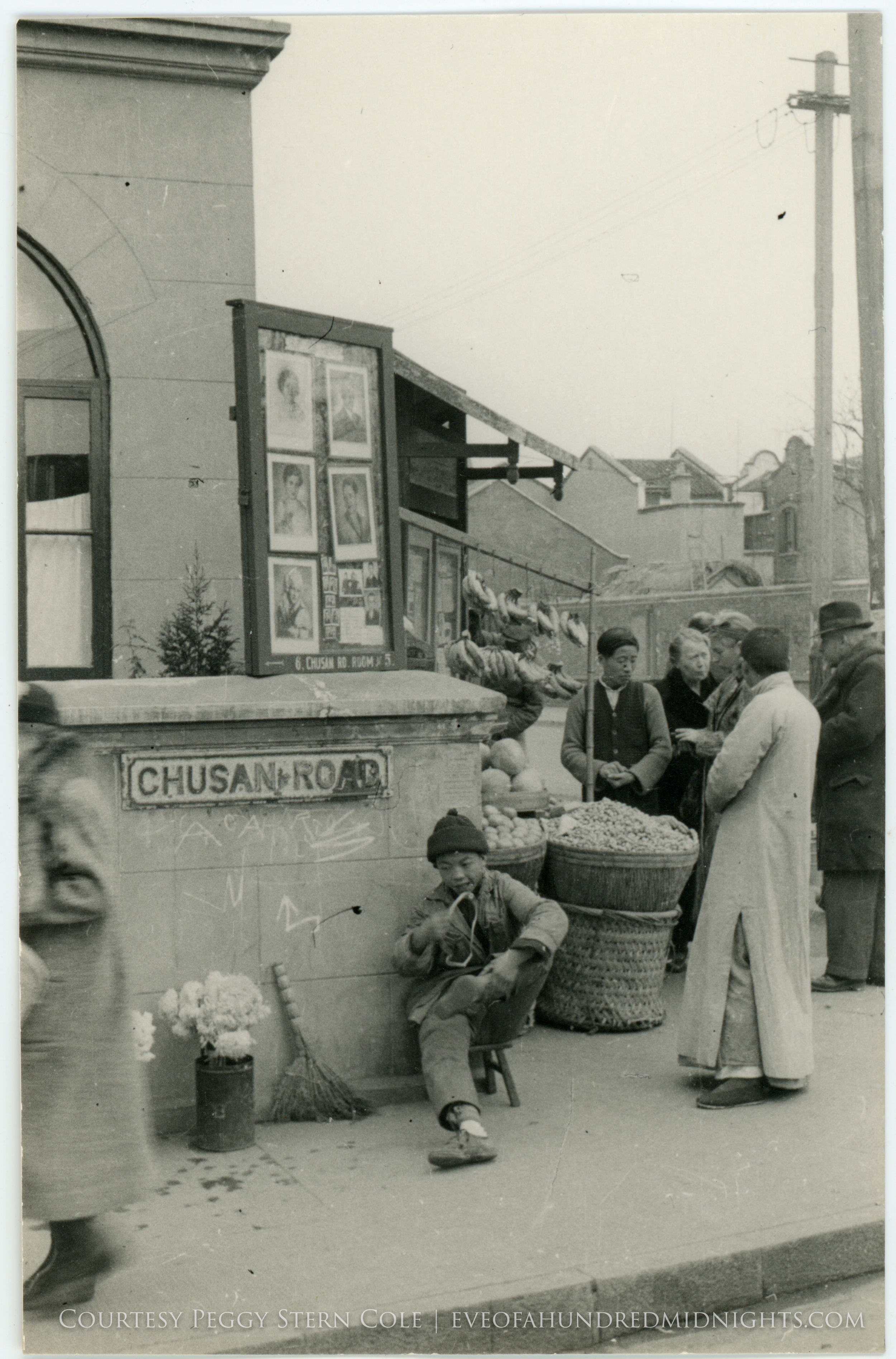
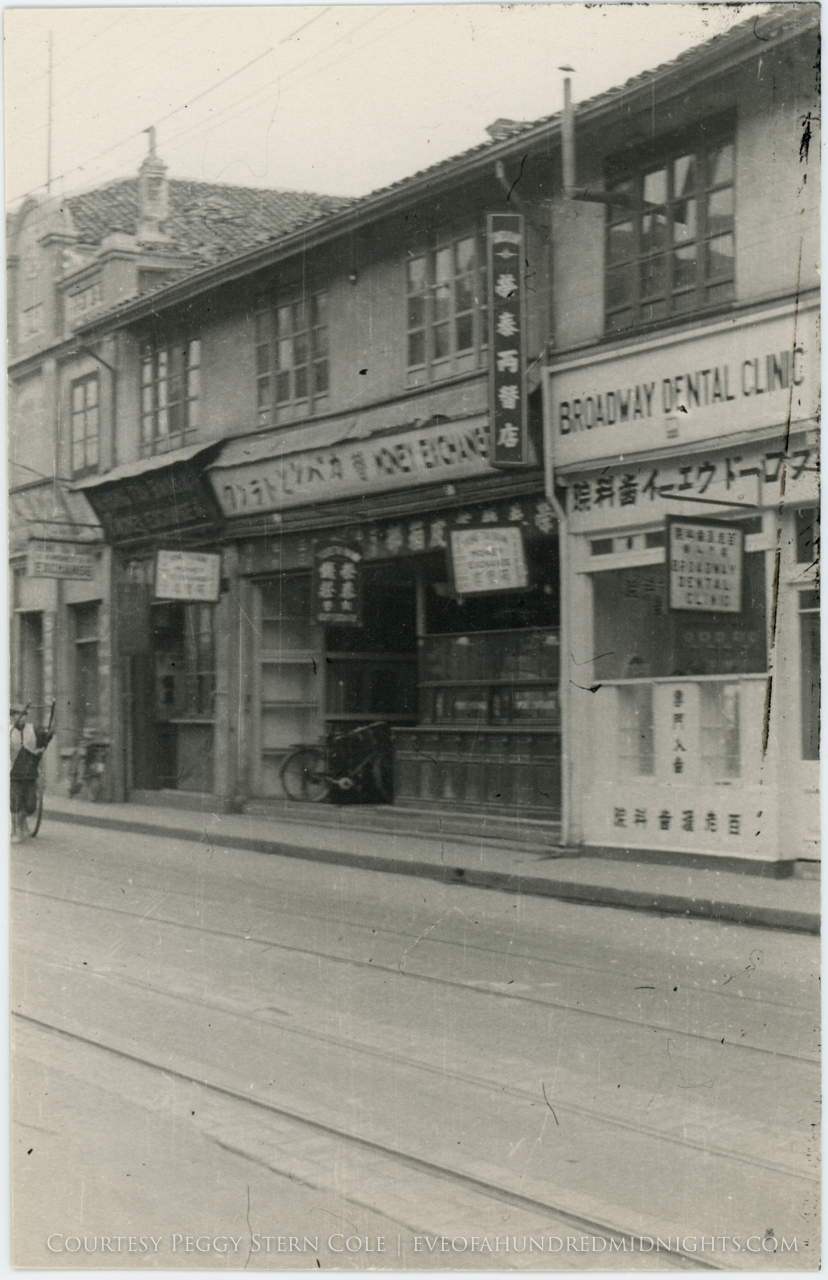
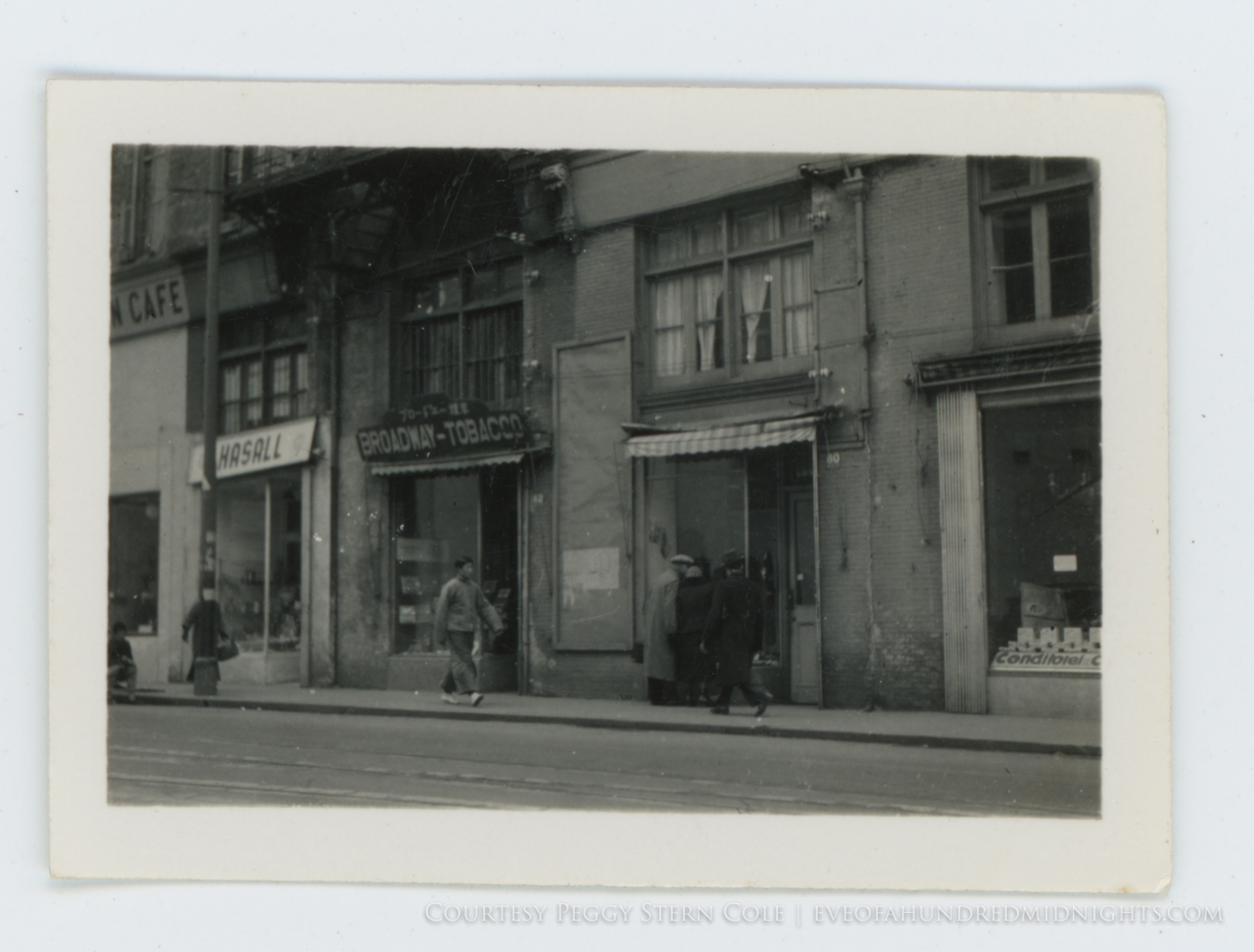
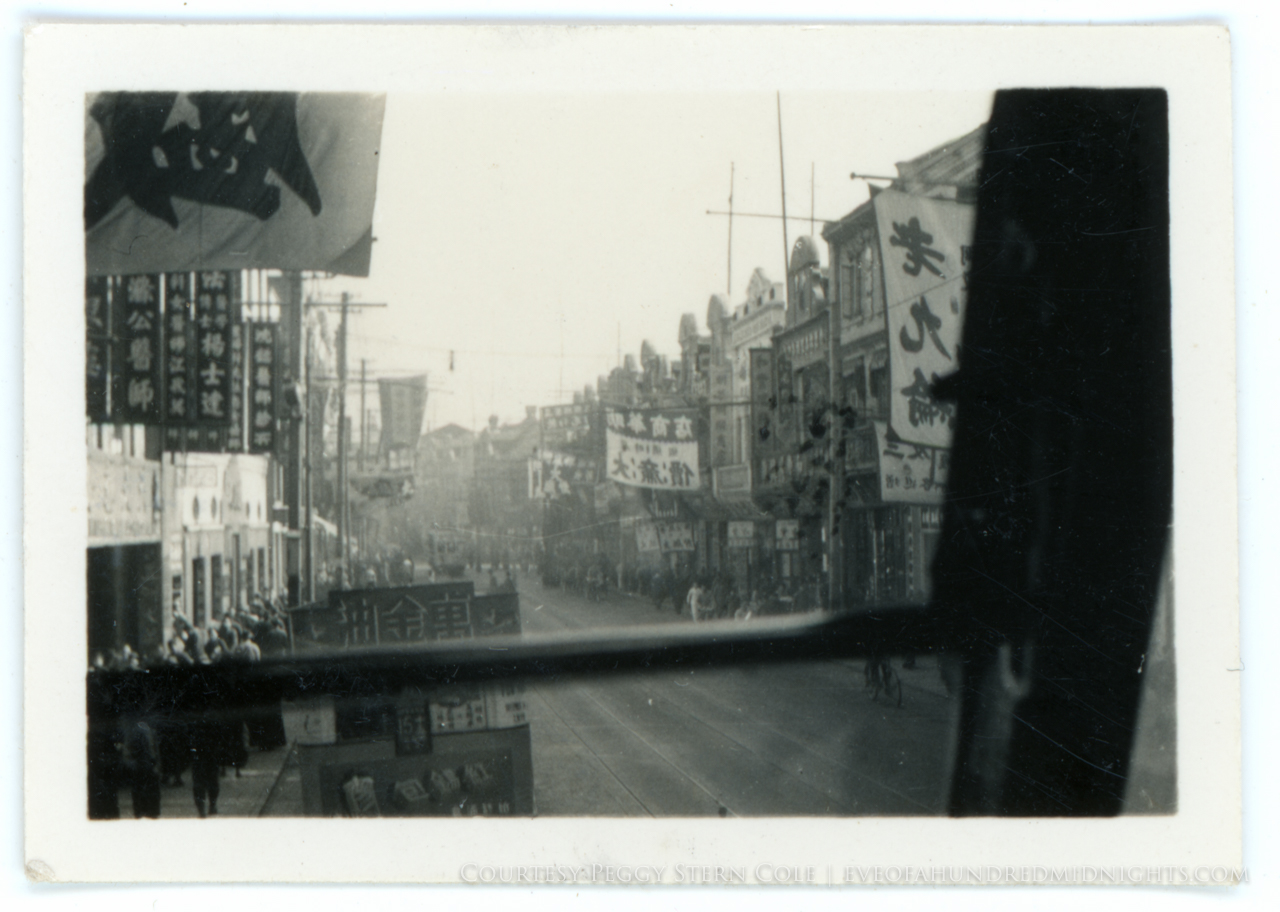
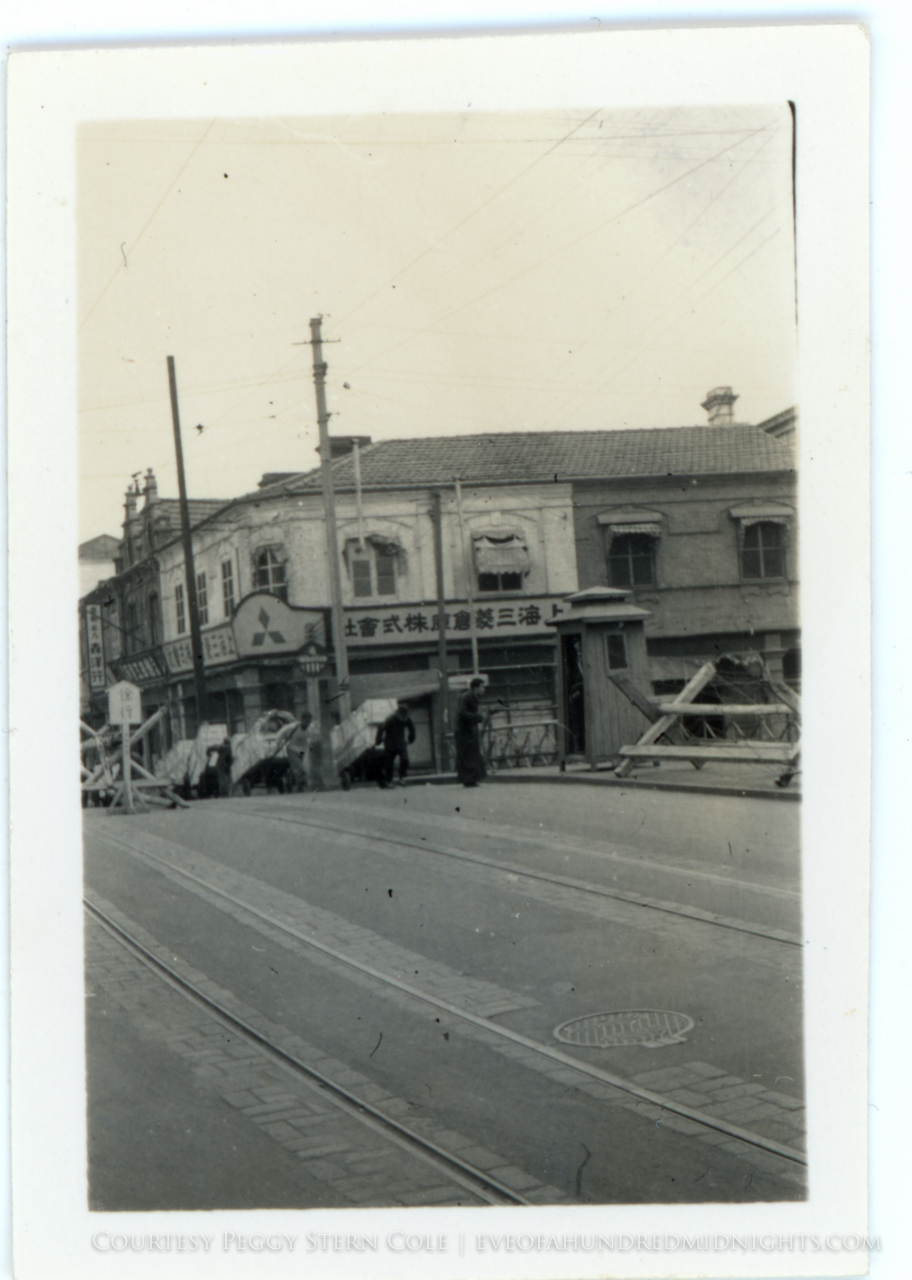
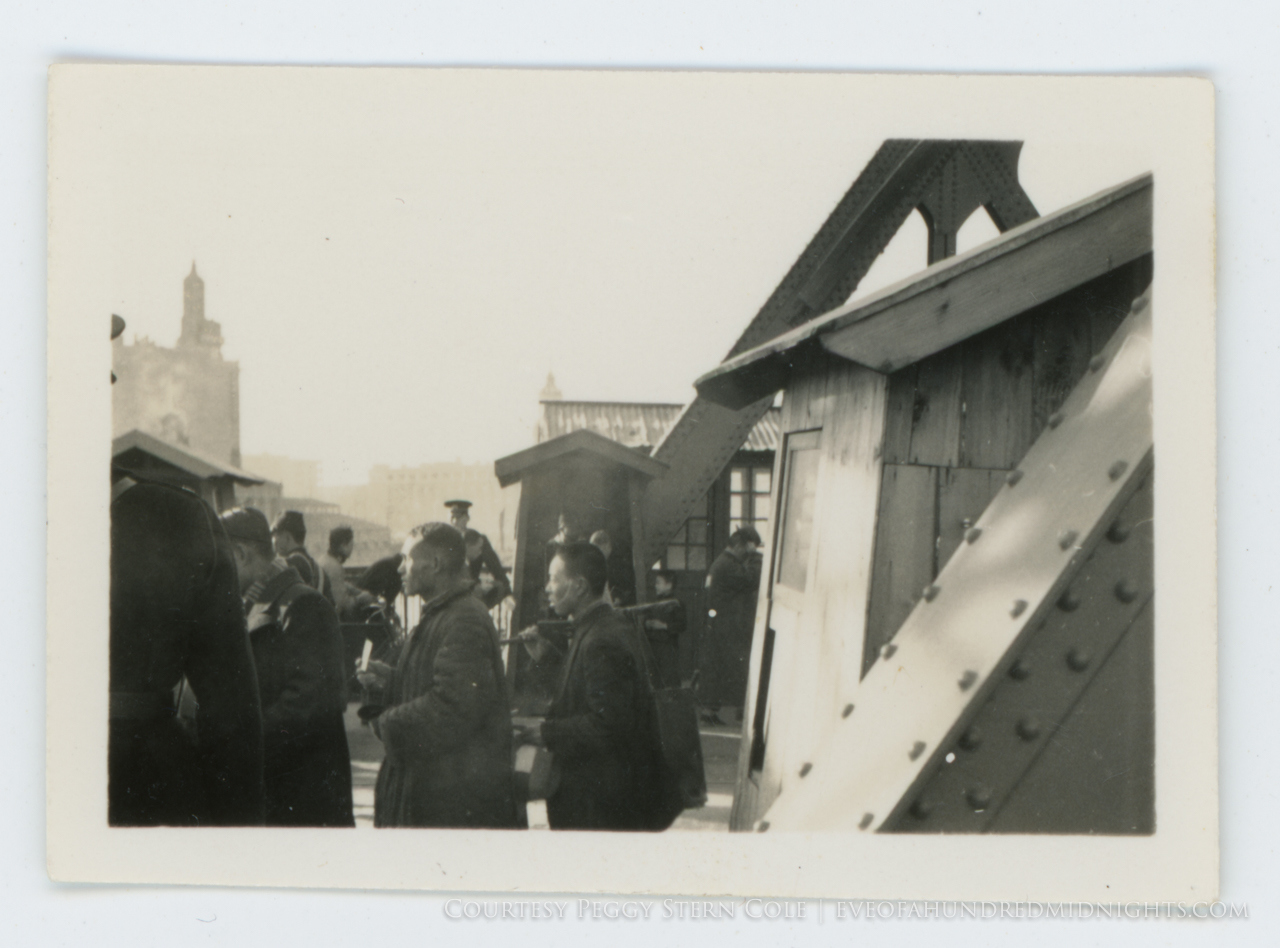
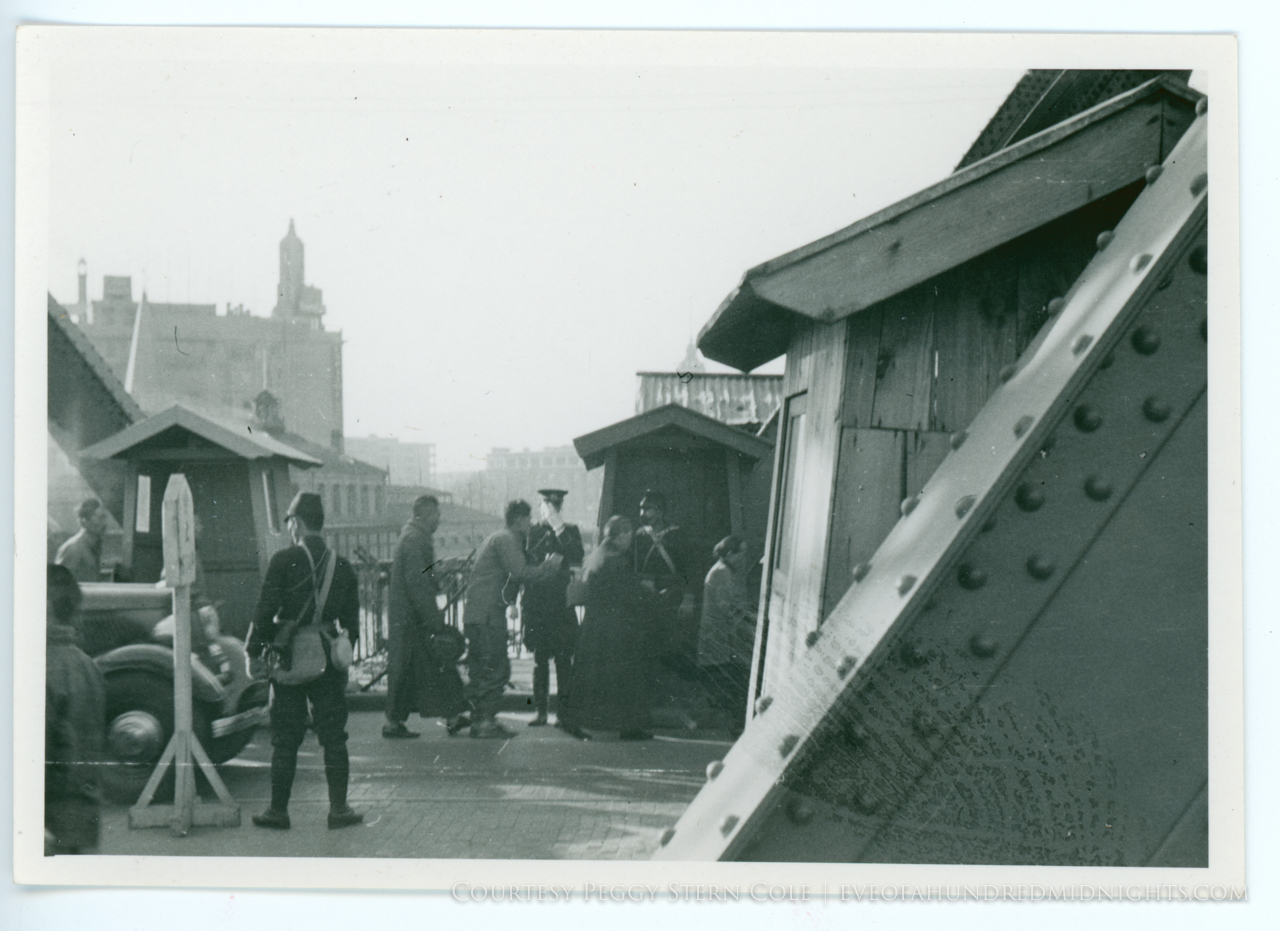
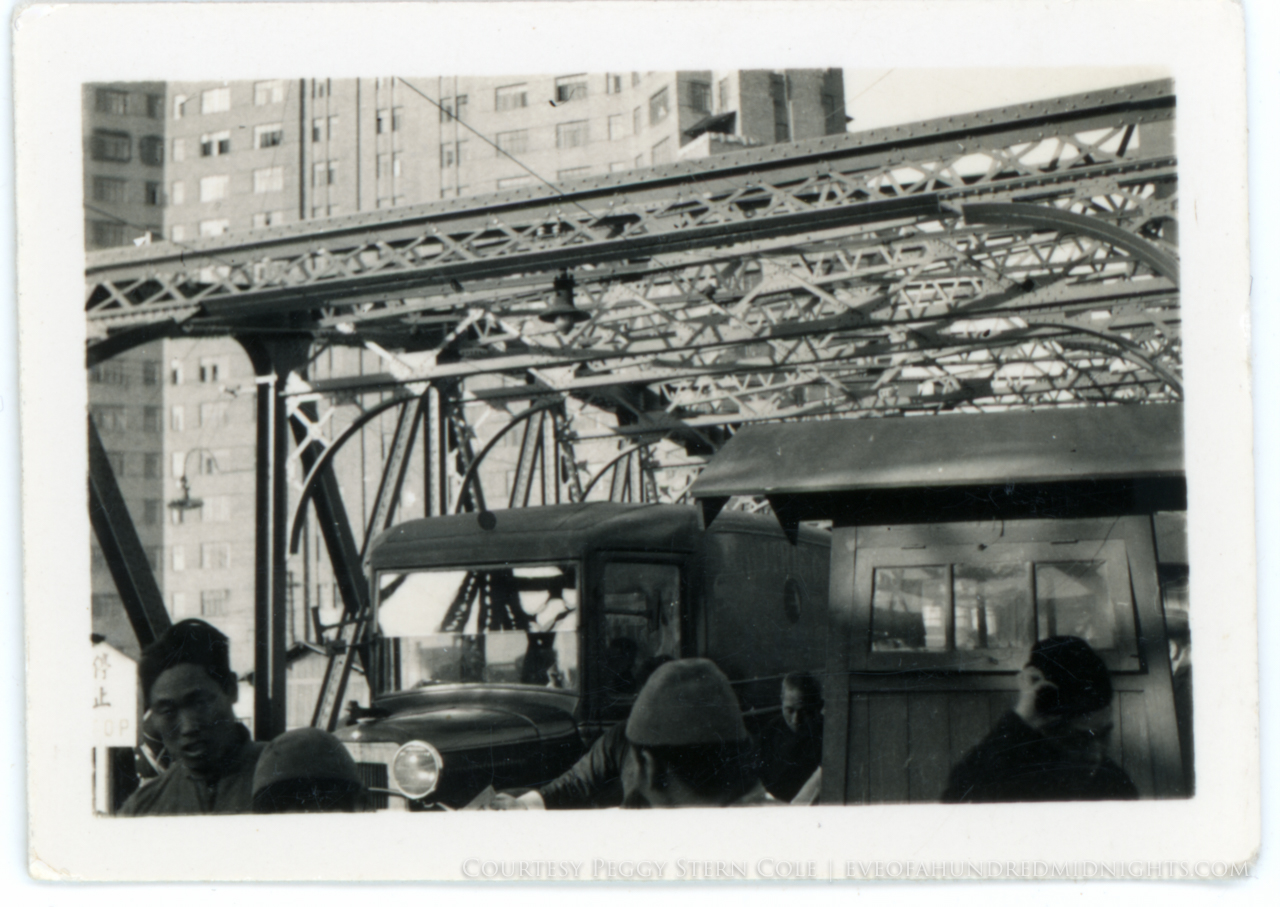
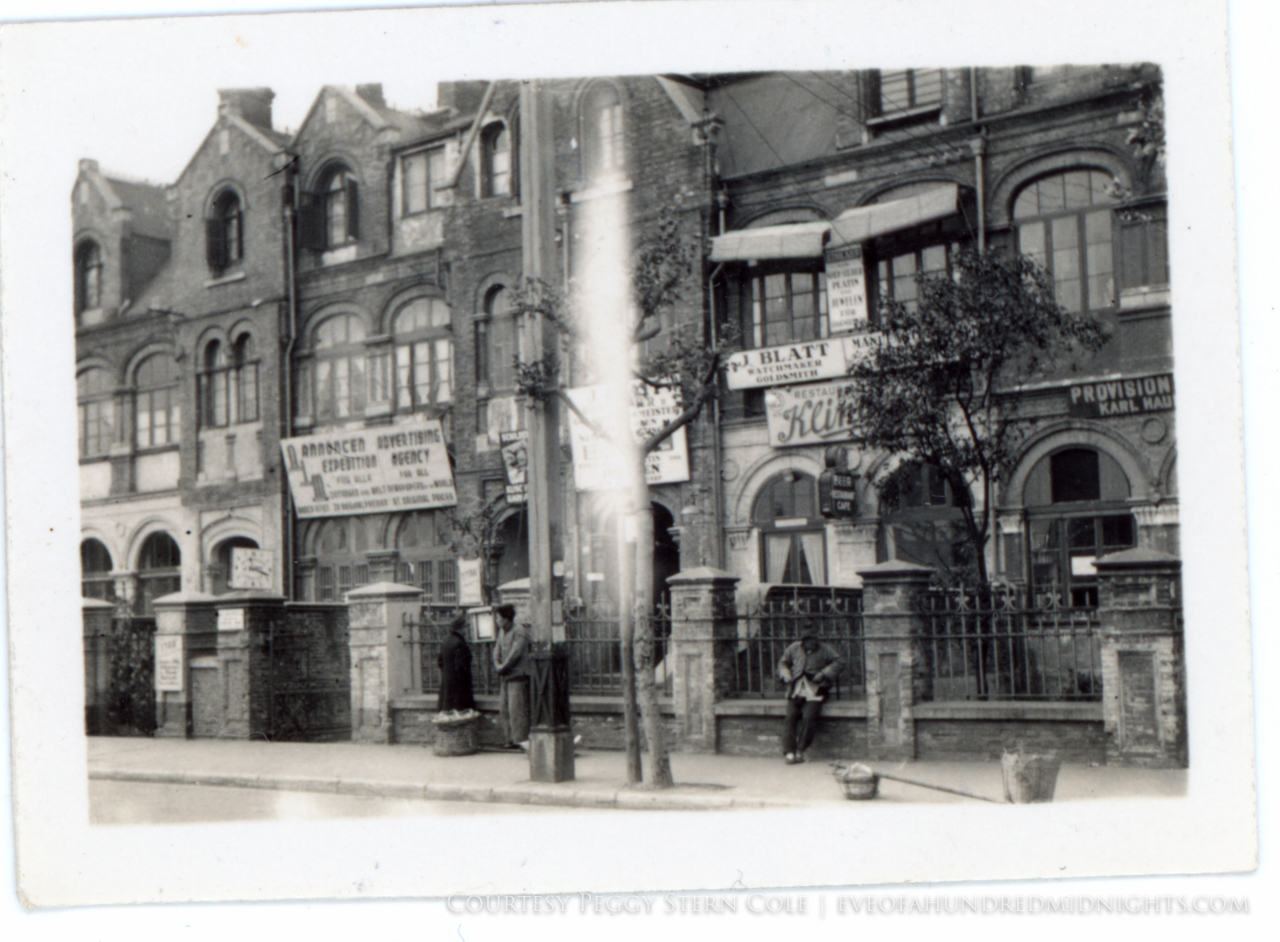
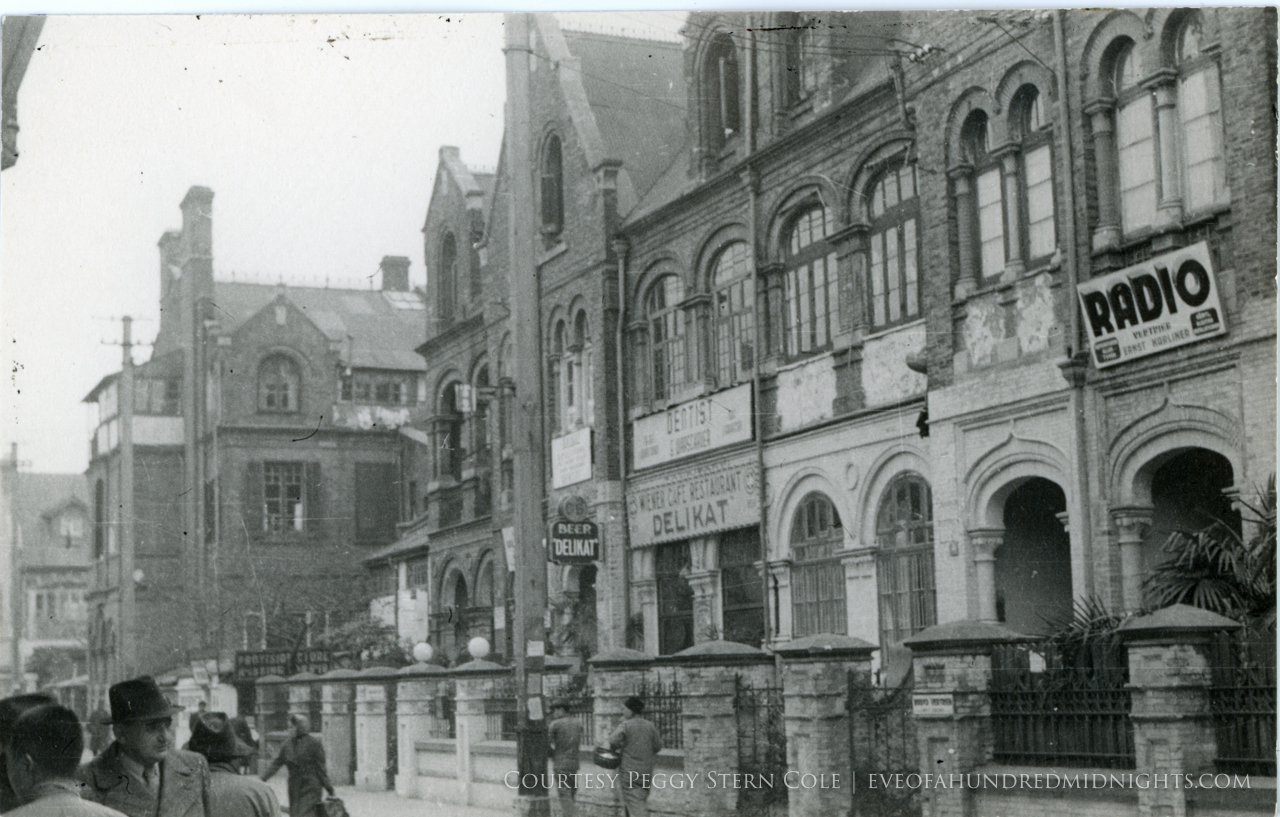
![Restaurant Rosenthal With Bike in Foreground [Good shot] Shanghai.jpg](https://images.squarespace-cdn.com/content/v1/51db1d79e4b03e2f06324d97/1473379937704-QU4YB2Z2NR49I06U7QDN/Restaurant+Rosenthal+With+Bike+in+Foreground+%5BGood+shot%5D+Shanghai.jpg)
